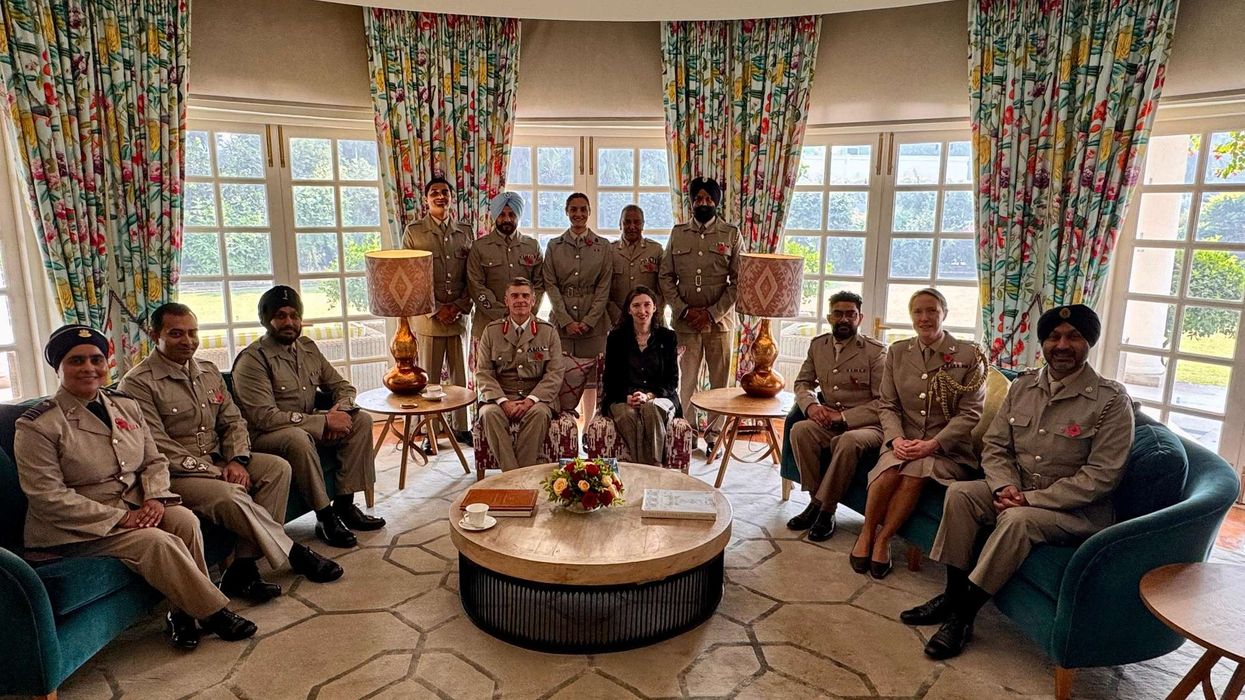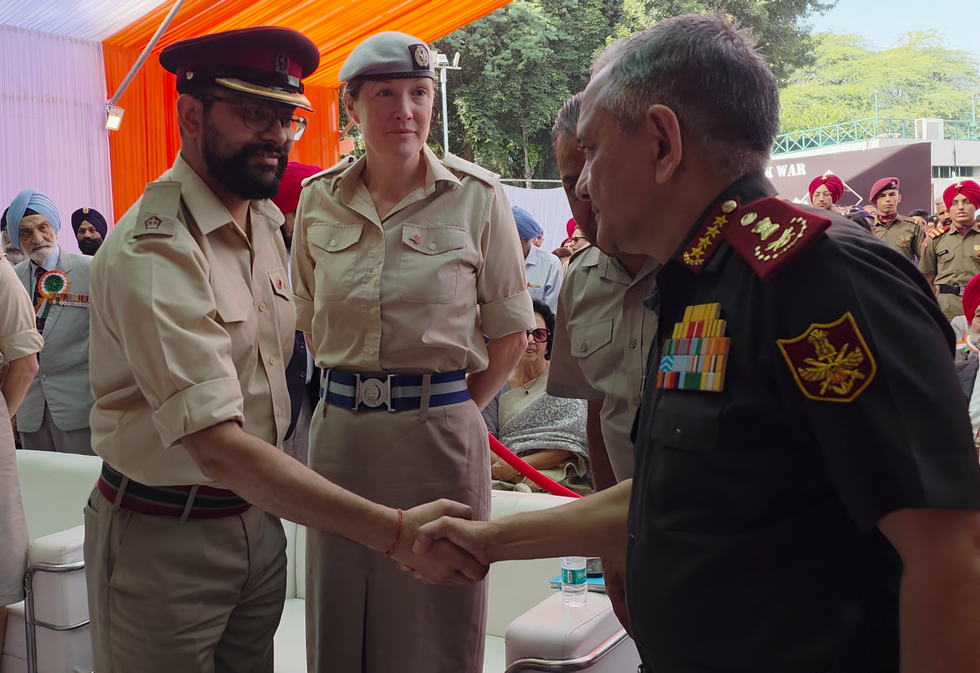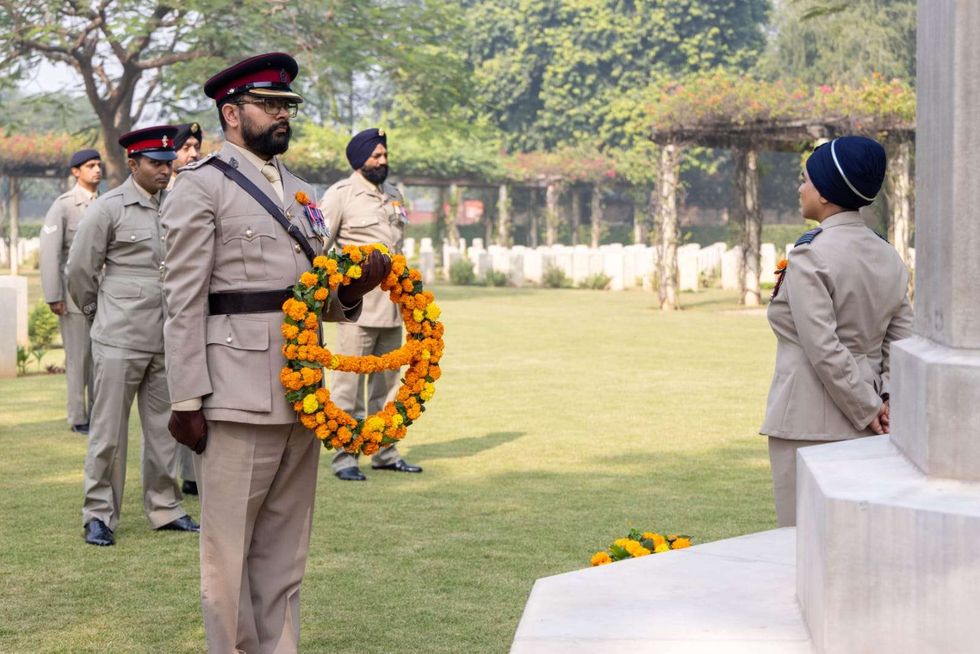By Lord Meghnad Desai
ON SATURDAY (15), India’s prime minister Narendra Modi will unfurl the tricolour at the Red Fort in New Delhi to celebrate the country’s 74th Independence Day.
It will be a great contrast to last year when the ruling Bharatiya Janata Party (BJP) – under Modi’s leadership – secured electoral victory as a single party with a majority in the Lok Sabha (Indian parliament’s lower house). The victory in 2014 had been a shock. Modi was an outsider, unwelcome even to some in his own party. In 2019, he was a familiar figure, a man who could take the nation’s pulse and soothe its anxieties.
The BJP took the second victory as a single party majority winner as a call to settle some long unresolved issues. The abrogation of Article 370 in Jammu and Kashmir (J&K) state was swiftly done. The legislative route was constructed carefully. The only time the Indian parliament could have constitutionally changed the status of Kashmir was when its own legislative assembly was not sitting. That permitted a change in Article 35A which was drafted by the J&K legislative assembly sitting as its constituent assembly. The Lok Sabha, acting as the assembly, changed its constitution. It was swift and legitimate. There were other changes – such as reconstituting Jammu and Kashmir, separating Ladakh and making two Union Territories out of the two regions. An issue outstanding since independence was resolved.
The attempt to solve the issue of national citizenship for refugees from nearby countries under the Citizenship (Amendment) Act ran into a lot of resistance. By excluding Muslim refugees from the right to acquire Indian citizenship, the government raised suspicions as to whether this was a step to denying citizenship rights to Indian Muslims. For the first time, Delhi saw Muslim women taking an active part in civilian demonstrations.
This year, by the end of January and the visit of US president Donald Trump to India, nothing had been settled. Then coronavirus struck and the rest of 2020 has been a different story altogether.
The pandemic is a global crisis which has spared no country and the end is not in sight. The economic cost has been even higher than the death toll from the virus. The crisis has exposed some long-run weaknesses of the Indian economy due to faulty policies adopted as far back as the 1950s, but which were left unrepaired because of the reluctance to reform of successive governments. This was shown in the misery of the migrant workers.
The Indian government’s plans of doubling national income to $5 trillion (£3.8tr) have had to be put on hold as have plans to double farmers’ income. Already, before the election in May 2019, the economy had entered the downward phase of its growth cycle and, so far, no turning point is in sight.
Modi is an optimist and, no doubt, his message at Red Fort will be upbeat. He will be also able to showcase the brick-laying [of the Ram temple] at Ayodhya as a great milestone for BJP and for India.
The economic shock of the pandemic in India –as everywhere else – is likely to cost 10 to 15 per cent reduction in the level of GDP relative to the previous year. India began with low rates of coronavirus infection and mortality per cases or per capita. However, in the seven months since the outbreak began, infections have crossed seven digits and deaths are nearing the number experienced in the UK, which has been the highest in Europe.
India’s economic damage is, however, related to the lockdown and the times at which it was imposed and when it was relaxed.
In any case, a square root sign shaped recovery with a deep fall, 60-70 per cent bounce back and then a slower return to normal by the end of 2021 now looks much more likely. Needless to say, no one knows for sure. The pandemic is not over yet by any means.
India also faced a flare-up on the border, but that seems to have been contained after the death of 20 jawans (soldiers). China is, in the meantime, in trouble with the US, UK and Australia. This alienation with China could help India if it got fighting fit to welcome global investment and become a link in the global supply chain.
China’s situation will also affect India as Chinese students are unlikely to join British universities, creating room for more Indians. The UK will need friends in any case once the Brexit process is done. India could become a major partner in trade and investment. As it is, India is the second-largest foreign investor in the UK.
It has been a hard year for India as it has been for the world. Progress has had to be postponed. But India has seen trouble before. During the mid-1960s , people used to speak of the ‘three twos’ – the deaths of two prime ministers, Jawaharlal Nehru and Lal Bahadur Shastri; two wars, with China in 1962 and Pakistan (1965); and two famines, 1965-1966 and 1966-1967. India will emerge stronger from this challenge.

















Covid damage among tests facing India at 74